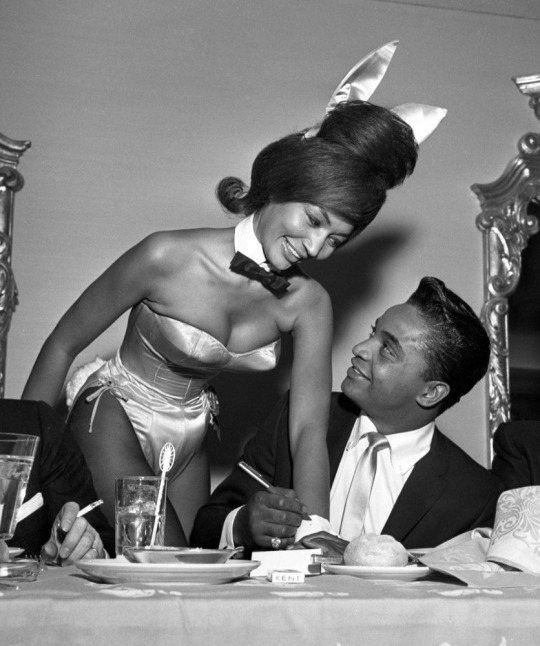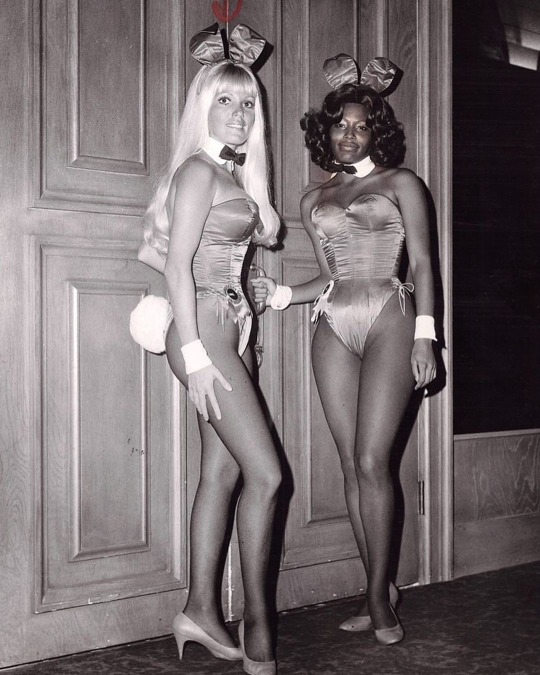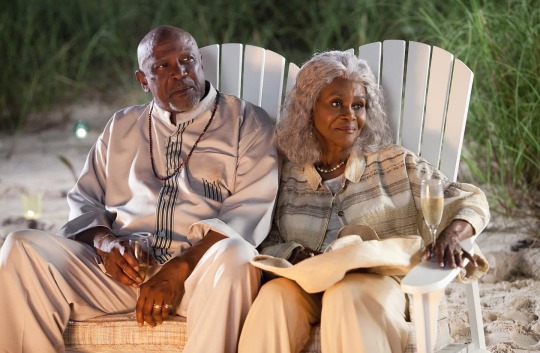Text

The difference in the nature of the two peoples could not be more stark or clear. Truth be told…
8 notes
·
View notes
Text

In Remembrance Of
Pioneering Soul Brother
Melvin Lindsey
The Creator Of ”The Quiet Storm”Format On Urban Radio
(July 8, 1955 – March 26, 1992)
19 notes
·
View notes
Text
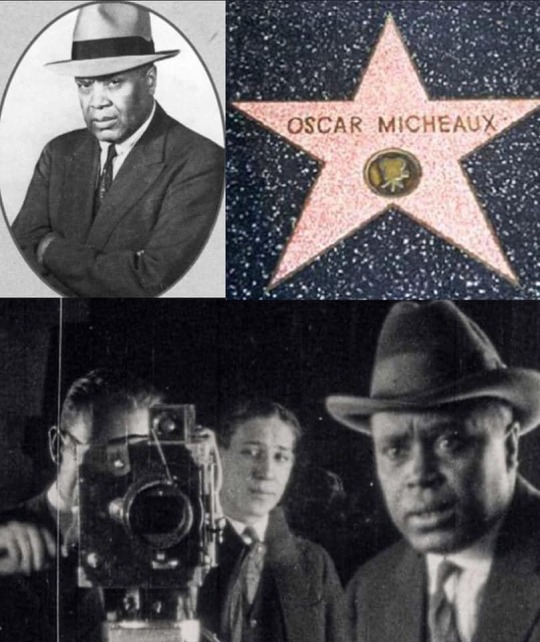
🎥FIRST MOVIE COMPANY OWNED AND CONTROLLED BY BLACK FILMMAKERS
Oscar Devereaux Micheaux(born Michaux; January 2, 1884 – March 25, 1951) was an American author, film director and independent producer of more than 44 films. Micheaux's Lincoln Motion Picture Company was the first movie company owned and controlled by black filmmakers, Oscar Micheaux is regarded as the first major Black feature filmmaker, the prominent producer of the so-called race film, and hailed as "the most successful Black filmmaker of the first half of the 20th century”. He produced both silent and sound films when the industry changed to incorporate speaking actors.
Micheaux was born on a farm in Metropolis, Illinois. In his later years, Micheaux added an "e" to his last name. As a young man, Micheaux worked odd jobs in and around Chicago, including as a Pullman porter. As he traveled the nation on a Pullman, he decided to homestead.
After Emancipation Blacks sought to build new lives, provide for their families, and educate their children. They especially sought to own their own land, and realize their long denied dreams of working their own farm. They knew how to farm, and saw land ownership as their way to support themselves and their families, and a symbol of their freedom and equality in the United States.
Oscar Micheaux traveled to South Dakota in 1904 to participate in a lottery run by the General Land Office to distribute homesteading lands on the Rosebud Reservation. However, with more than 100,000 claimants for only 2,400 homesteads, he was not able to obtain one directly in the lottery drawing. He hired a land locator for $80 and purchased a relinquished homestead. After some success as a homesteader on the Rosebud Indian Reservation, a three year drought destroyed his crops.
Oscar was in his field rain or shine, yielding only to frozen ground, plowing up 120 acres in his first year. His determination soon turned his neighbors laughter to a “grudging respect, then to acceptance, and finally to admiration, when they realized that he had broken many more acres of prairie than most of them.”
Micheaux married Orlean McCracken, a schoolteacher and daughter of a reverend from Chicago, in 1910. When Oscar traveled for work, Orlean felt abandoned. During one of the times he was away, Orlean suffered a miscarriage. Her family did not like having her on the homestead alone, so they traveled to South Dakota and took her back to Chicago with them. Orlean's father sold some of Micheaux's property and took the money. Micheaux tried unsuccessfully to get Orlean and his property back. They divorced in 1917.
Oscar began writing down his experiences as a homesteader as a way to cope with the hardships he was enduring. His writings were a mix of fiction and biography meant to tell his story of struggle with, and conquest of, the land. He soon had created a full length book that he appropriately titled The Conquest. He began traveling throughout the region selling the book to his friends and neighbors. This new enterprise soon led to a second novel titled The Homesteader. His self published novels were moderately successful, but more importantly they caught the attention of a production company that wanted to turn them into a movie.
In 1919, he adapted his story into a film, becoming the first known African-American filmmaker and director. Though The Homesteader (1919) is considered to be a “lost film”, it launched Micheaux’s career.
Over 30 years he made more than 44 films, and his work has been preserved by the Library of Congress and the National Film Registry as “culturally, historically, or aesthetically significant.” Micheaux’s films featured contemporary African-American life. His works highlighted and worked to combat racism and racial inequality. Black actors in Micheaux's films played the roles of doctors, businessman, detectives, and lawyers. His movies provided a window into black life and the African American perspective on race.
Oscar Micheaux remarried in 1926 to actress Alice B. Russell. She appeared in six of his films. Oscar passed away of heart failure on March 25, 1951 at the age of 67, in Charlotte, North Carolina on a business trip. Oscar was buried in Great Bend, Kansas. His grave stone reads “A Man Ahead of his Time.”
21 notes
·
View notes
Text
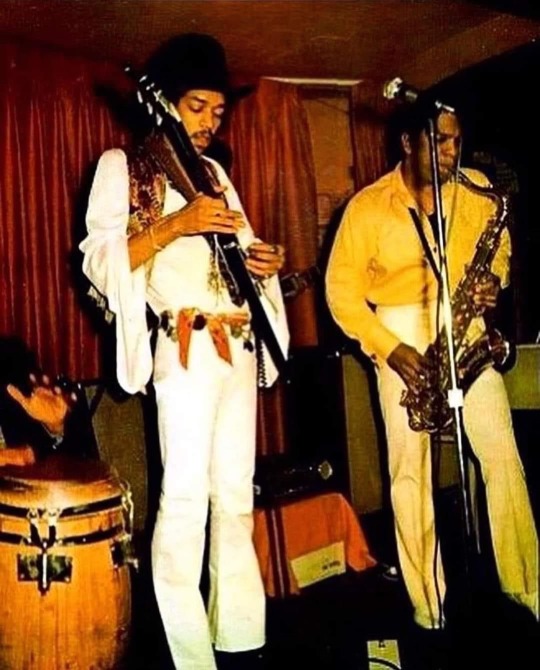
March 18, 1969 - Record Plant
Experimenting with a recently installed Ampex sixteen-track recording unit, Jimi Hendrix created a unique version of “Star-Spangled Banner” with several guitar overdubs. This rendition would later be included on the posthumous compilation 𝐑𝐚𝐢𝐧𝐛𝐨𝐰 𝐁𝐫𝐢𝐝𝐠𝐞 (Reprise, 1971).
After toying with several sound effects and a variable speed oscillator, Hendrix worked on two new songs, “Gypsy Boy” and “Jimi I.” Both songs featured Buddy Miles and organist John Winfield. “Gypsy Boy” finally saw an official release on 𝐏𝐞𝐨𝐩𝐥𝐞, 𝐇𝐞𝐥𝐥, 𝐚𝐧𝐝 𝐀𝐧𝐠𝐞𝐥𝐬 (Legacy, 2013).
After a break, Lonnie Youngblood and Jimmi Mayes joined the session with bassist Hank Anderson and an unidentified percussionist. This lineup began with a loose rendition of “Come On (Let the Good Times Roll)” before jumping into a few energetic takes of “Let Me Move You.” The third and final take can also be found on 𝐏𝐞𝐨𝐩𝐥𝐞, 𝐇𝐞𝐥𝐥, 𝐚𝐧𝐝 𝐀𝐧𝐠𝐞𝐥𝐬.
One take of “Jam I” and three takes of “Jam II” came next on a second reel of tape. The last take of “Jam II” was later retitled “Georgia Blues” and released unofficially on several bootlegs throughout the years. It finally saw an official release on 𝐌𝐚𝐫𝐭𝐢𝐧 𝐒𝐜𝐨𝐫𝐬𝐞𝐬𝐞 𝐏𝐫𝐞𝐬𝐞𝐧𝐭𝐬 𝐓𝐡𝐞 𝐁𝐥𝐮𝐞𝐬: 𝐉𝐢𝐦𝐢 𝐇𝐞𝐧𝐝𝐫𝐢𝐱 (MCA, 2003) and, more recently, 𝐁𝐨𝐭𝐡 𝐒𝐢𝐝𝐞𝐬 𝐨𝐟 𝐭𝐡𝐞 𝐒𝐤𝐲 (Legacy, 2018).
15 notes
·
View notes
Text
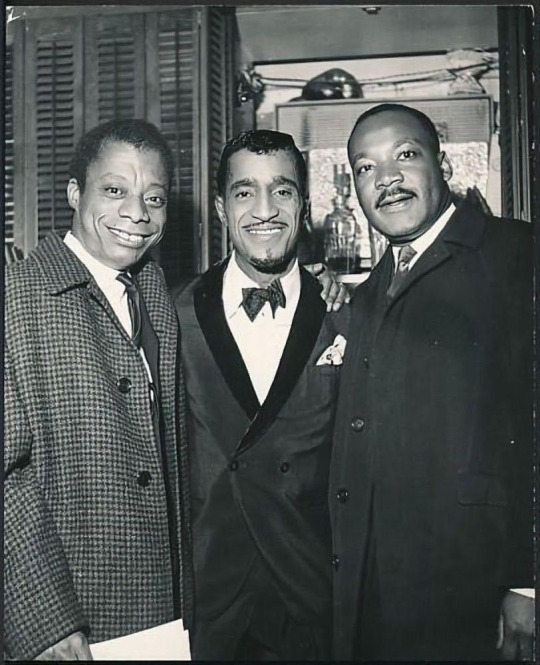
“You have to be able to look back at your life and say, "Yeah, that was fun."
—Sammy Davis, Jr.
32 notes
·
View notes
Text
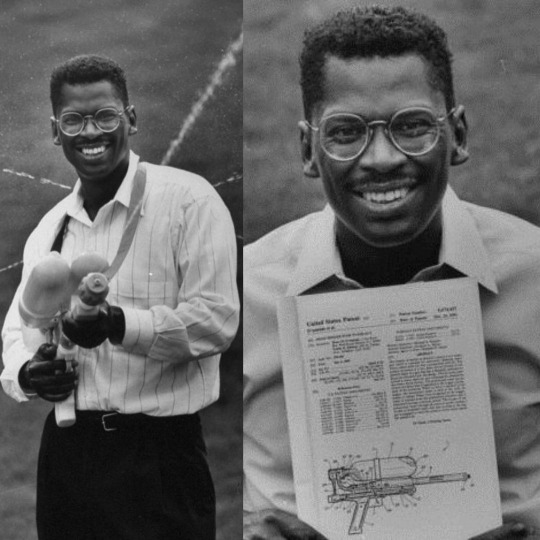
Did you know-Lonnie Johnson, the man who invented the “Super Soaker” was awarded $72.8M in a Hasbro Settlement for unpaid royalties. The super soaker was the world’s best selling toy.✊🏽✊🏾✊🏿
5K notes
·
View notes
Text


They just hit different. I rewatched the two scenes and they make me so happy and sad at the same time. Love what they have.
521 notes
·
View notes
Text
It’s a cruel jest to say to a bootless man that he ought to lift himself by his own bootstraps
753 notes
·
View notes
Text

Did you know? Theresa M. Claiborne — born in 1959, holds the distinction of being the first African American woman to achieve the rank of Captain in the U.S. Air Force and become a pilot. She graduated from Laughlin Air Force Base on September 16, 1982, with the class 82-08. In her remarkable journey, Capt. Claiborne acknowledged the trailblazing efforts of the historic Tuskegee Airmen, who paved the way for her groundbreaking achievement as the first Black woman pilot in the Air Force.✊🏽✊🏾✊🏿
288 notes
·
View notes
Text

Did you know-Lonnie Johnson, the man who invented the “Super Soaker” was awarded $72.8M in a Hasbro Settlement for unpaid royalties. The super soaker was the world’s best selling toy.✊🏽✊🏾✊🏿
5K notes
·
View notes


